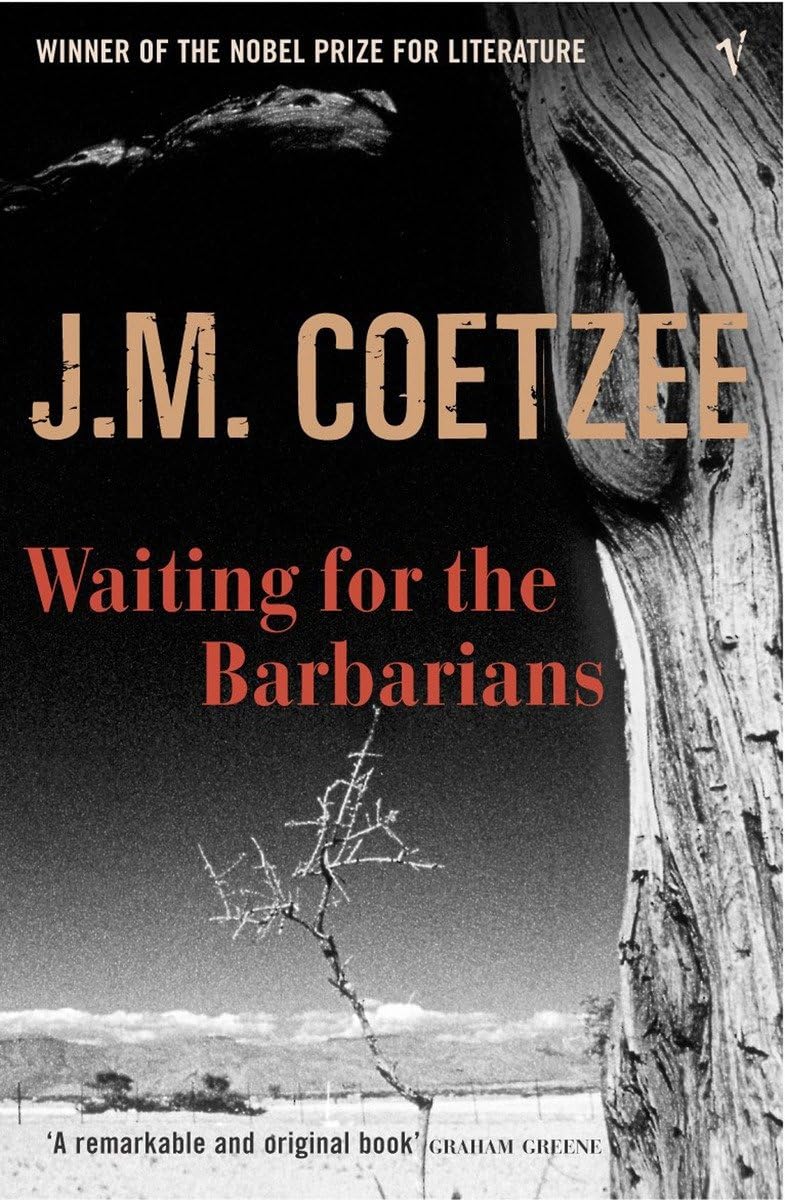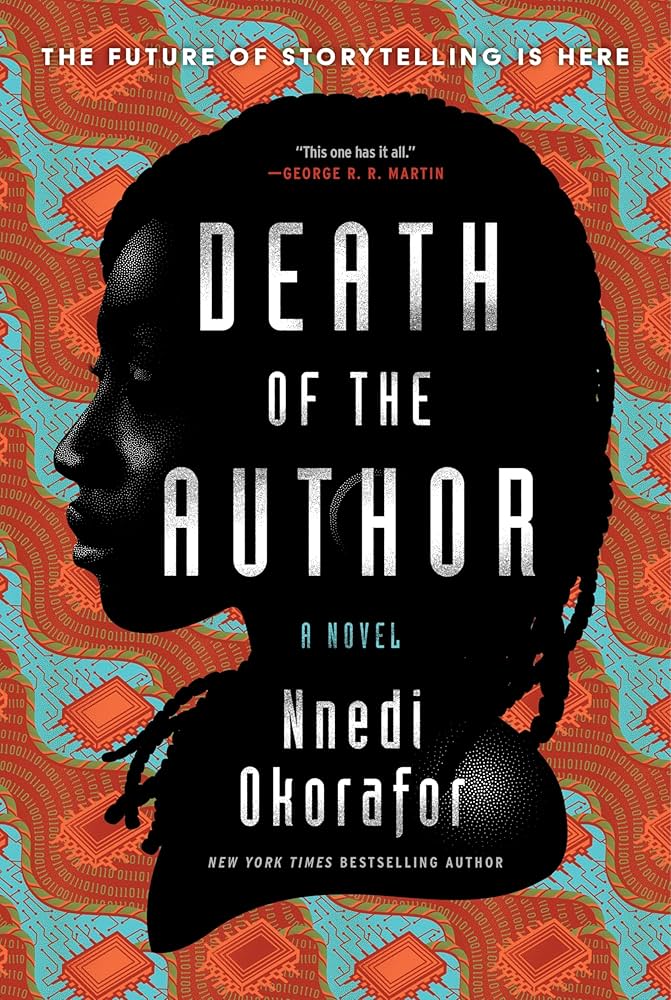This slim book has teeth. I hadn’t read any Coetzee before this, and what a place to start. He only needs 150-ish pages to make you question the basics of human nature.
This is an allegory of colonialism and the damage it does to both parties. Told from the perspective of the magistrate of an outpost town somewhere, sometime, it hits on both historical and current events with equal weight.
The protagonist (such as he is) begins the novel seeing himself as the enlightened colonizer, the civilized person who is critical of the violence his Empire inflicts on what they perceive as barbarians. Throughout the story his view of his own actions evolves in ways that are fully relevant today, questioning his own actions and complicity, even if his heart was in the right place.
I’m sure there have been university theses written on this, and I’m hardly one to add new insight to the discussion, but at various points it made me think about Apartheid (of course), but also the current conflict in the Middle East, about Guantanamo Bay, North American colonialism and the performative politics so common today.
Empire dooms itself to live in history and plot against history. One thought alone preoccupies the submerged mind of Empire: how not to end, how not to die, how to prolong its era.
This should be required reading for all undergrads, or anyone trying to understand the world around them. It’s mind-expanding, timeless and unforgettable.






